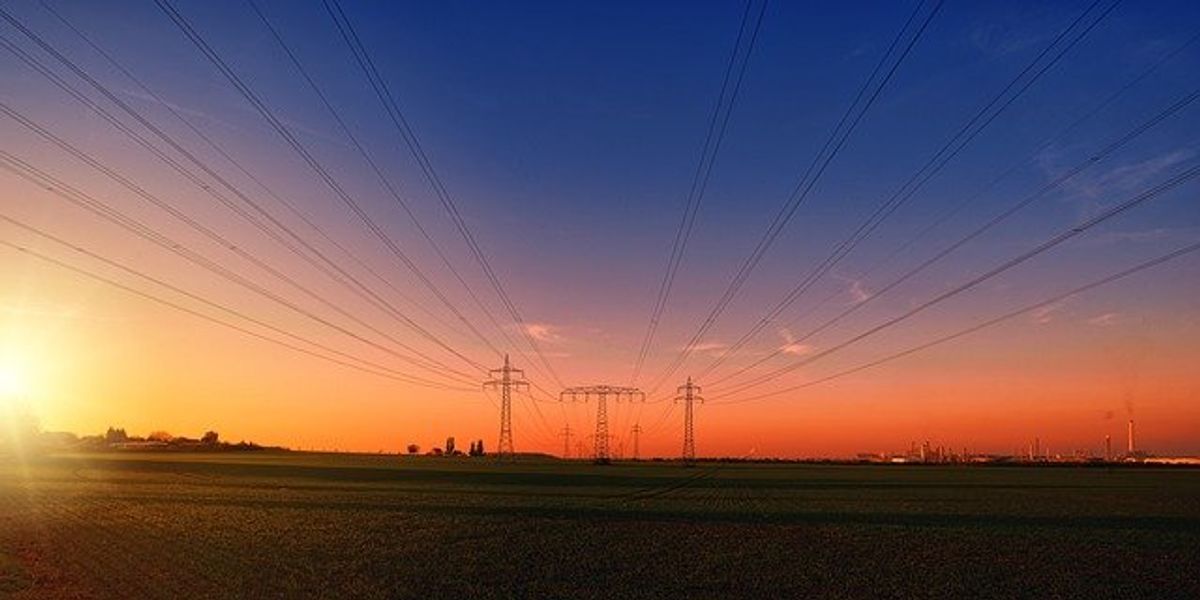
Faith leaders challenge EPA's climate stance amid deregulatory push
U.S. Environmental Protection Agency administrator Lee Zeldin’s remarks dismissing climate action as “religion” have sparked backlash from Jewish and Christian leaders, who argue for stronger environmental protections rooted in faith-based values.
James Bruggers reports for Inside Climate News.
In short:
- On March 12, Zeldin announced 31 deregulatory actions, including weakening air and water pollution standards and limiting the definition of protected waters, citing economic benefits.
- Faith leaders criticized Zeldin’s comments equating climate action to “religion,” calling them dismissive of both science and moral responsibility to protect the planet.
- Critics argue the deregulatory agenda undermines public health protections and disproportionately harms vulnerable communities while favoring fossil fuel interests.
Key quote:
“[Zeldin] made it feel that somehow those fighting for a better planet were part of a cult.”
— Rev. Michael Malcom, The People’s Justice Council and Alabama Interfaith Power and Light
Why this matters:
As the EPA continues its rollback of key environmental regulations, concerns are mounting across sectors — not just among scientists and public health experts, but also among faith leaders who are increasingly vocal about the moral dimensions of environmental stewardship. Faith communities are framing the climate crisis as a moral and spiritual emergency, arguing that protecting the Earth is a sacred duty, particularly when vulnerable populations bear the brunt of environmental degradation.
Read more: Trump administration halts $1.7 billion in EPA grants for pollution-hit communities














